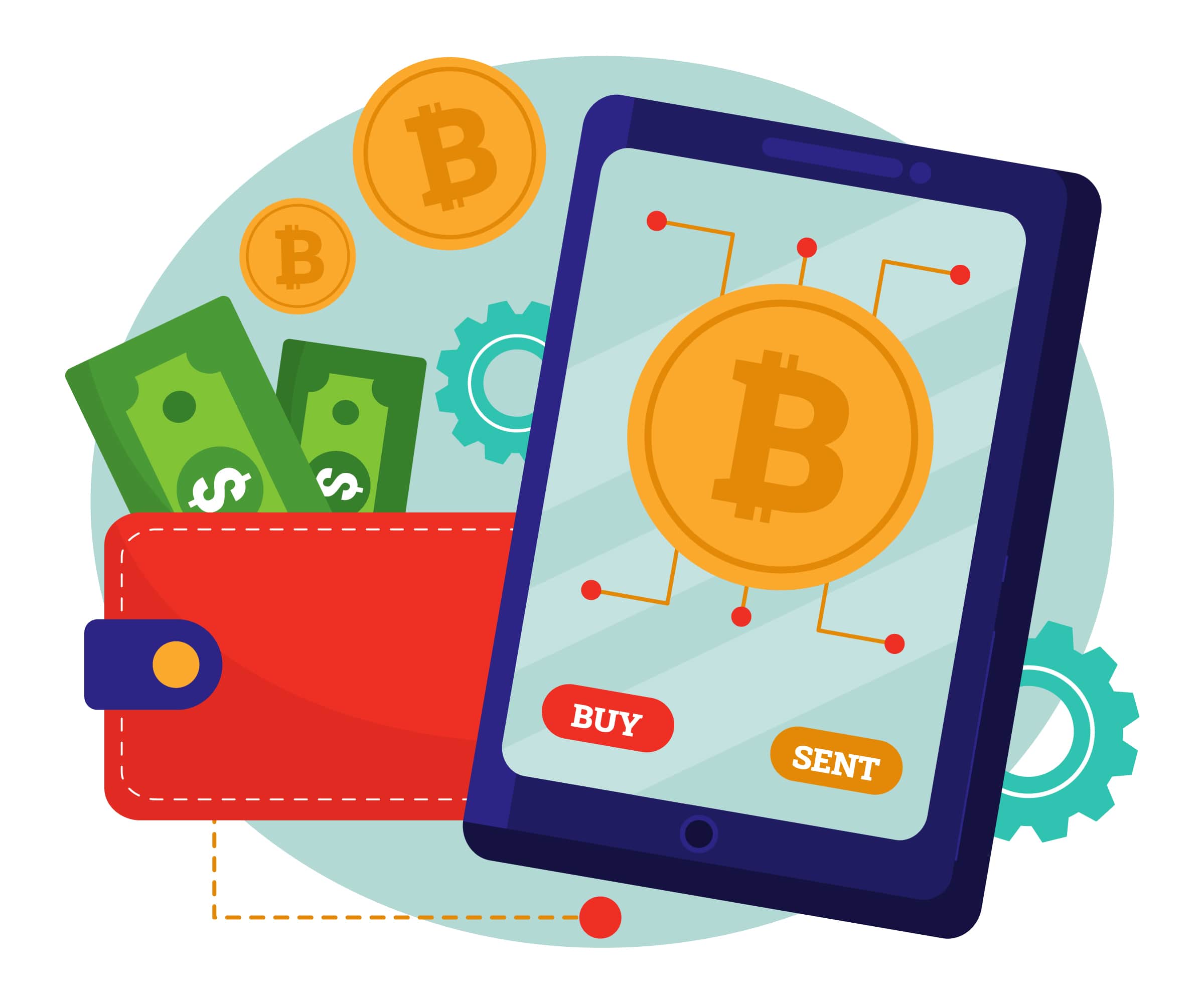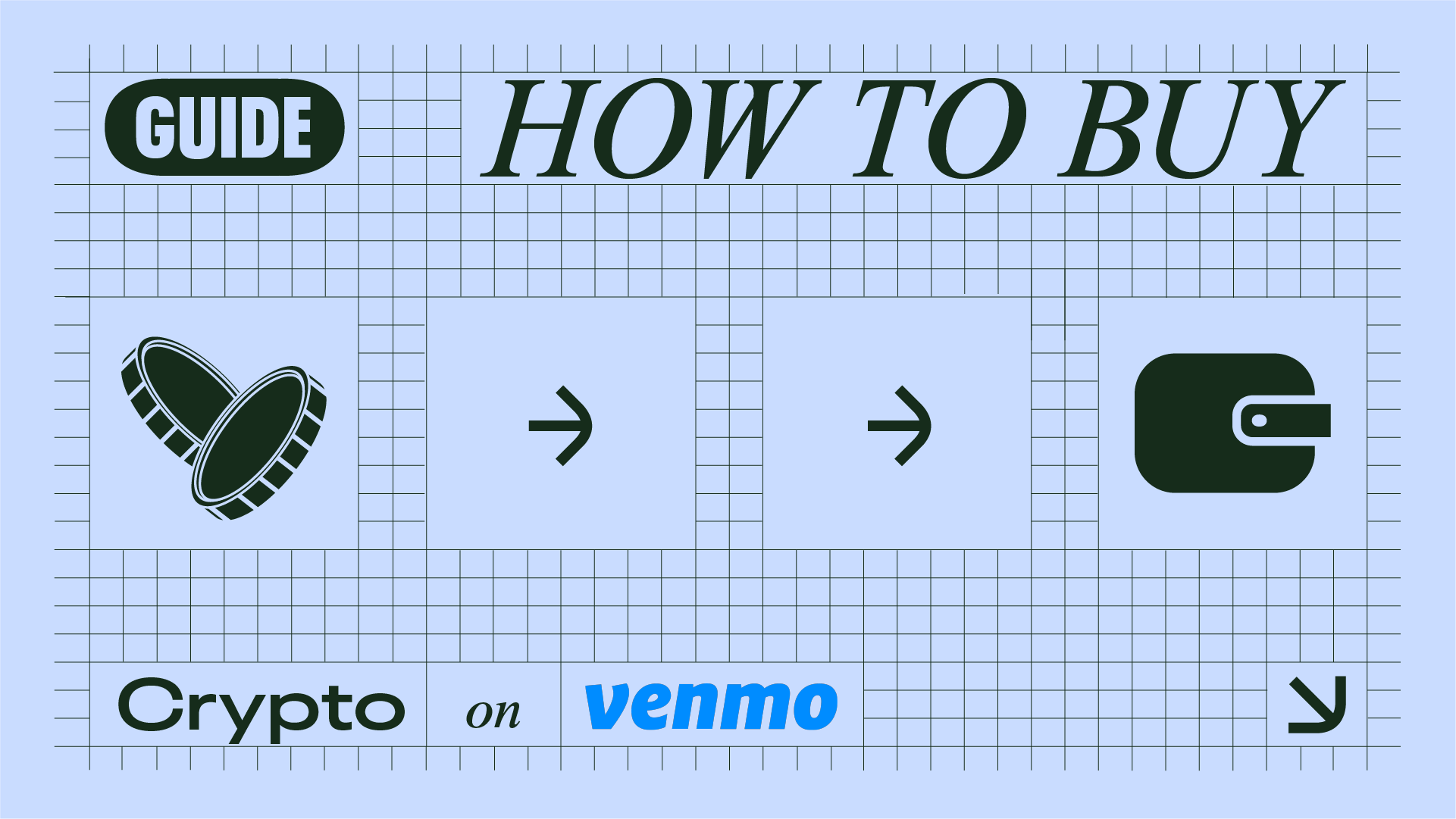Overview of crypto payments
Cryptocurrency payments offer numerous advantages over traditional methods. They are decentralized, eliminating the need for intermediaries and lowering transaction fees. Crypto payments are also secure, leveraging advanced cryptography to protect user data and prevent fraud.
Q: What is a key benefit of crypto payments?
A: Decentralization, reducing transaction costs and eliminating intermediaries.
Q: How do crypto payments ensure security?
A: They utilize robust cryptography to safeguard user data and thwart fraudulent activities.
Thank you for visiting Cryptomomen.com
The importance of secure crypto payments

Securing your crypto payments is crucial to safeguard your digital assets.
Implement strong passwords, enable two-factor authentication, and utilize a reputable crypto wallet to minimize risk.
By adhering to these best practices, you can ensure your crypto transactions remain secure and protected.
Choosing a Secure Wallet
When selecting a secure wallet for cryptocurrency payments, consider these critical factors:
- Key Security: Opt for wallets with multi-factor authentication, strong encryption, and hardware security modules (HSMs) to protect your private keys.
- Reputation and Stability: Research the wallet provider’s track record, financial stability, and industry reputation to ensure reliability and minimize the risk of hacks or scams.
- Usability and Convenience: Choose a wallet that is user-friendly, supports multiple cryptocurrencies, and offers seamless integration with exchanges and other payment platforms for ease of use and accessibility.
Types of crypto wallets

Cryptocurrency wallets play a crucial role in the secure storage and management of digital assets.
There are various types of crypto wallets available, each offering unique features and security levels.
Hardware wallets, like Ledger or Trezor, provide the highest level of security by storing private keys offline in a physical device.
Software wallets, such as MetaMask or Trust Wallet, offer convenience and accessibility, allowing users to interact with blockchain networks and make transactions from their mobile devices or computers.
Online wallets, hosted by third-party providers, are less secure but offer instant access to cryptocurrencies.
Paper wallets, generated with QR codes, provide a simple and secure offline storage option, while multi-signature wallets require multiple private keys to authorize transactions, enhancing security.
The choice of crypto wallet depends on the user’s individual needs, security preferences, and transaction volume.
Researching and understanding the different types of wallets is essential for making an informed decision.
Features to consider when choosing a wallet

Consider security features like two-factor authentication and biometric protection.
Ensure compatibility with your preferred cryptocurrencies for seamless transactions.
Consider additional features such as staking rewards and NFT storage, depending on your needs.
Reputable wallet providers
When choosing a cryptocurrency wallet provider, reputation is paramount.
Look for providers with a proven track record of security and reliability, ensuring the protection of your digital assets.
Reputable providers typically employ advanced encryption technologies, secure storage solutions, and adherence to industry-standard compliance regulations.
Their unwavering commitment to security provides peace of mind, enabling users to confidently transact and store their cryptocurrencies.
Receiving Crypto Safely
To safely receive cryptocurrency payments, it’s crucial to adhere to best practices. First, create a dedicated wallet for receiving funds. Next, verify the wallet address carefully before initiating the transaction.
Additionally, use a secure and reputable platform, such as a cryptocurrency exchange or peer-to-peer marketplace, and enable two-factor authentication for enhanced security. Furthermore, consider storing your private keys offline in a hardware wallet or paper wallet to prevent unauthorized access.
Finally, be vigilant against phishing attempts and never disclose your private keys or seed phrases to anyone. Implementing these measures ensures the secure receipt and management of cryptocurrency funds.
Verifying the sender’s address
Verifying the sender’s address is a crucial security measure in Cryptocurrency Payments.
Confirming the sender’s address before authorizing a transaction ensures that the funds are going to the intended recipient and not a scammer or hacker.
This can be done by checking the address against a trusted source, such as the sender’s website or a cryptocurrency wallet.
If the addresses match, it increases confidence in the transaction’s legitimacy.
Additionally, monitoring suspicious activity and reporting any concerns to the relevant authorities can help safeguard against fraud and theft.
Thanks for reading
To recapitulate, safeguarding your crypto assets is paramount. By implementing these measures, you can receive crypto securely into your wallet: use a reputable exchange, enable two-factor authentication, and maintain strong passwords.
Remember, vigilance is key in the digital realm. Thank you for joining us on this enlightening journey.
Please share this article with your connections to spread awareness about the importance of crypto payment security. Until next time, keep your crypto safe and secure!



